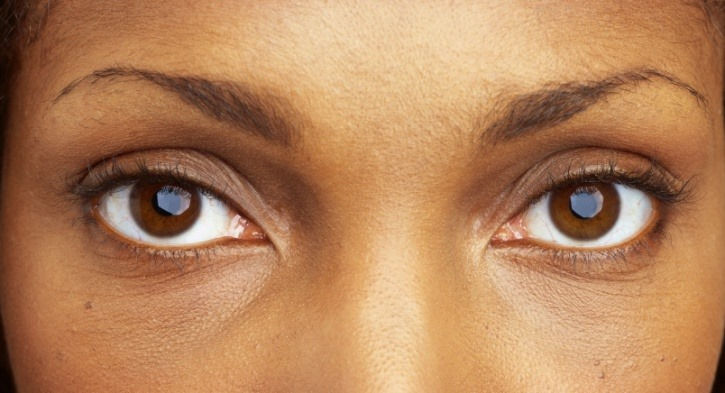
"Sawubona" is the Zulu word for "hello." The psychologist Susan David grew up in South Africa, and she explains how "sawubona" means, "I see you, and by seeing you, I bring you into being."
What would the opposite of Sawubona be? What happens when I don't see you?
For an organization like SPAN that cares about people, it feels necessary to reflect openly on our position on events in the United States since the tragic death of George Floyd.
A question from future grandchildren haunts us all. "What did you do?" The Earth was already groaning. Covid-19 began hissing. And then collective rage against injustice ripped America.
What did we do in response to a man pinned to the ground, who came to represent all people asphyxiated by something as ridiculously irrelevant as the pigment in their skin?
More personally, as the founder of SPAN, what have I done since the age of seven, when I pointed at a woman and yelled "fat!" only to have my father stop the car and tell me never—ever—to do that again.
How many fingers had pointed at him, jeering "Jap!"?
"What did you do?" We teach our kids that onlookers are as guilty as perpetrators. Faced with injustice, I sense a choice: right action, or a painful slide into irrelevance and complicity.
The challenge we sense is how to make our work—right now—relevant to the matters at hand. I don't believe we're alone. "What did you do" to make your work and your response relevant to George Floyd's sacrifice?
And what, people may rightly ask, do the transitions that you work on—in particular the 'Stayers' showcased in Nest Episode 6, while the riots were happening—have to do with real tectonic issues of racial injustice that are center stage in the world right now?
It's a fair question. "What did you do?" Answer. Or slide into irrelevance and complicity.
Here it goes:
We focus on eyes. Eyes are tools of compassion or agents of mass destruction. It's each viewer's choice. Do you witness another's pain, and allow the other to see your willingness to truly feel what hurts? Or do you deny that pain or—even worse—look away?
Many like to believe that international schools rise above these struggles, achieving some plane of color-blind acceptance. A former student I knew recently posted online how much racial prejudice she had experienced at an international school where I had worked. Had I inadvertently contributed to a system that allowed that? By action, or by inaction?
This student's plea makes clear that we can—we must—try to do better.
Words are cheap. Including all of these. It's actions that count, especially the actions of our eyes.
We vow to use ours to truly see. Washington and Los Angeles are physically far, but opportunities present themselves every day to use our eyes to include, to witness, to show another that we see them.
What does all this have to do with the Stayers? At the level of eyes, and of being seen or not, it has everything to do with the Stayers. Stayers often get ignored anytime there's something more interesting—like people arriving or leaving. Near the core of our work, SPAN focuses on the experience of "the Stayers" because these are the people on whose backs entire school communities get built and maintained, for the simple reason that they stick around.
Today, we're a long way from the broken glass and hearts in physical America. Still, we at Safe Passage Across Networks try to flex the only muscles we know how to use with confidence at times like these: the ones in our eyes.

Comments